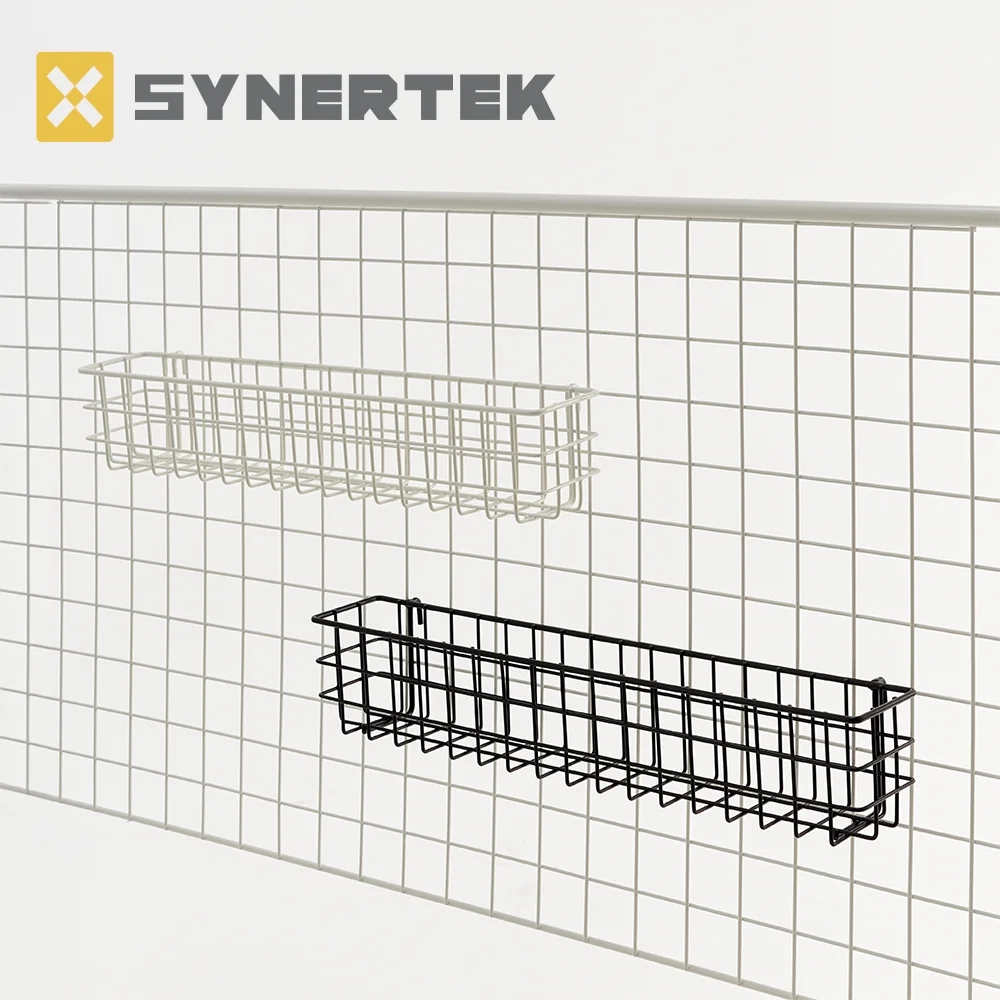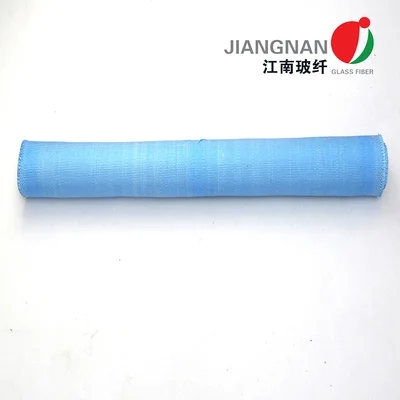When it comes to constructing durable and sturdy blocks, the choice of cement plays a pivotal role. With a plethora of cement options available in the market, it can be challenging to determine which one is best suited for block construction. In this blog post, we will delve into the world of cement and explore the factors to consider when selecting the ideal cement for blocks.
- Understanding the Types of Cement:
Before delving into the best cement for blocks, it is crucial to understand the different types of cement available. These include Portland cement, slag cement, fly ash cement, and blended cement. Each type possesses unique properties that can impact the strength and durability of blocks. - Strength and Durability:
The strength and durability of blocks are essential factors to consider when selecting the best cement. Portland cement, known for its high compressive strength, is often the preferred choice for block construction. Its ability to withstand heavy loads and resist cracking makes it an excellent option for long-lasting blocks. - Workability and Setting Time:
Workability refers to the ease with which cement can be mixed, placed, and compacted. For block construction, it is crucial to choose a cement that offers optimal workability, allowing for efficient molding and shaping of blocks. Additionally, considering the setting time of the cement is vital to ensure proper curing and strength development. - Resistance to Environmental Factors:
Blocks are exposed to various environmental factors such as moisture, temperature fluctuations, and chemical exposure. Therefore, selecting a cement that exhibits excellent resistance to these factors is crucial. Blended cement, which combines Portland cement with supplementary cementitious materials, offers enhanced resistance to environmental conditions, making it a suitable choice for blocks. - Cost-effectiveness:
While quality and performance are paramount, cost-effectiveness is also a significant consideration. It is essential to strike a balance between the price of the cement and its performance. Blended cement, which often provides a cost-effective solution without compromising on strength and durability, can be a suitable choice for block construction projects.
Conclusion:
Choosing the best cement for blocks requires a careful evaluation of various factors such as strength, durability, workability, resistance to environmental factors, and cost-effectiveness. By considering these aspects, one can make an informed decision that ensures the construction of high-quality and long-lasting blocks. Remember, the choice of cement is a crucial step towards building structures that stand the test of time.




+ There are no comments
Add yours